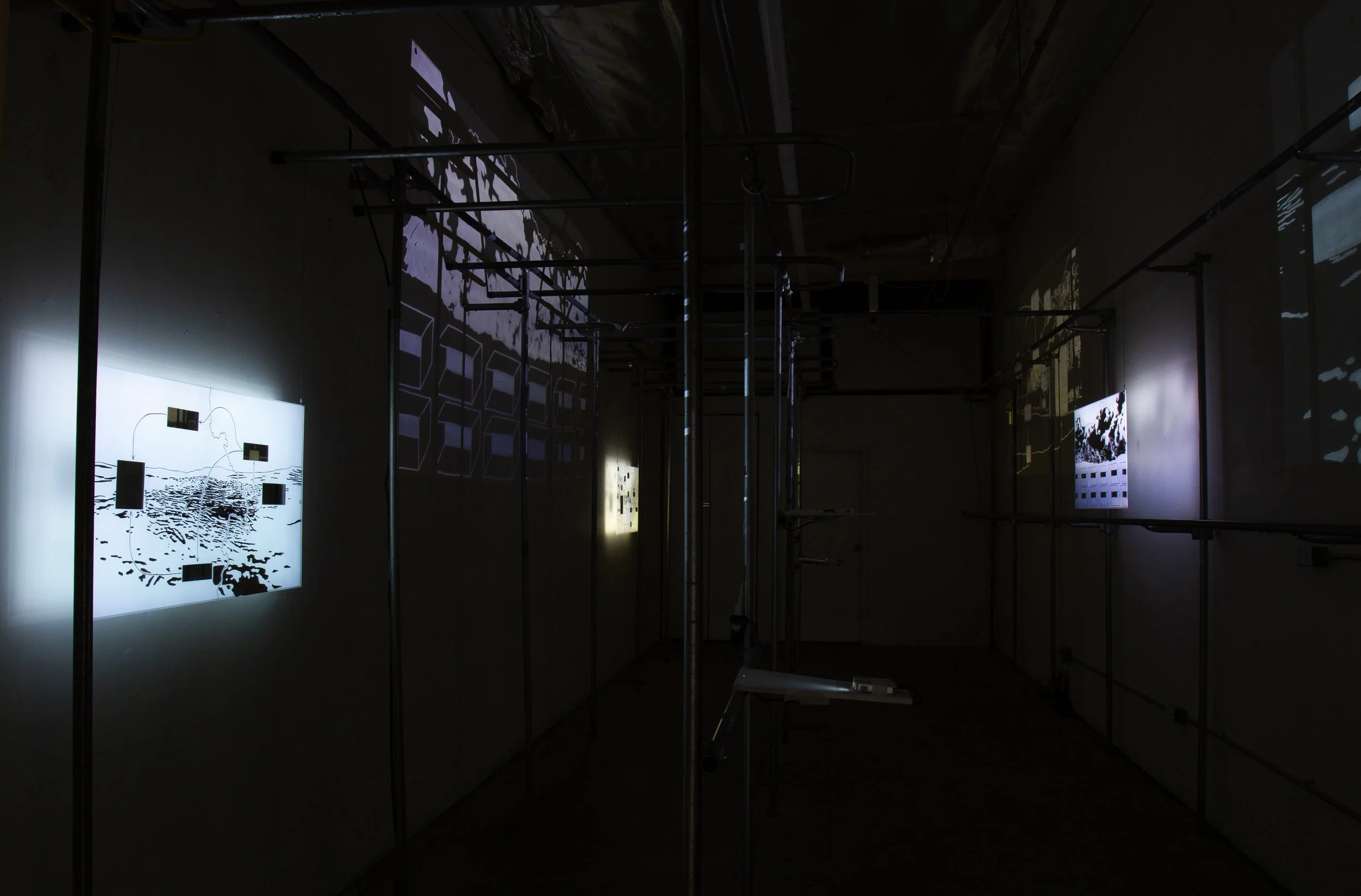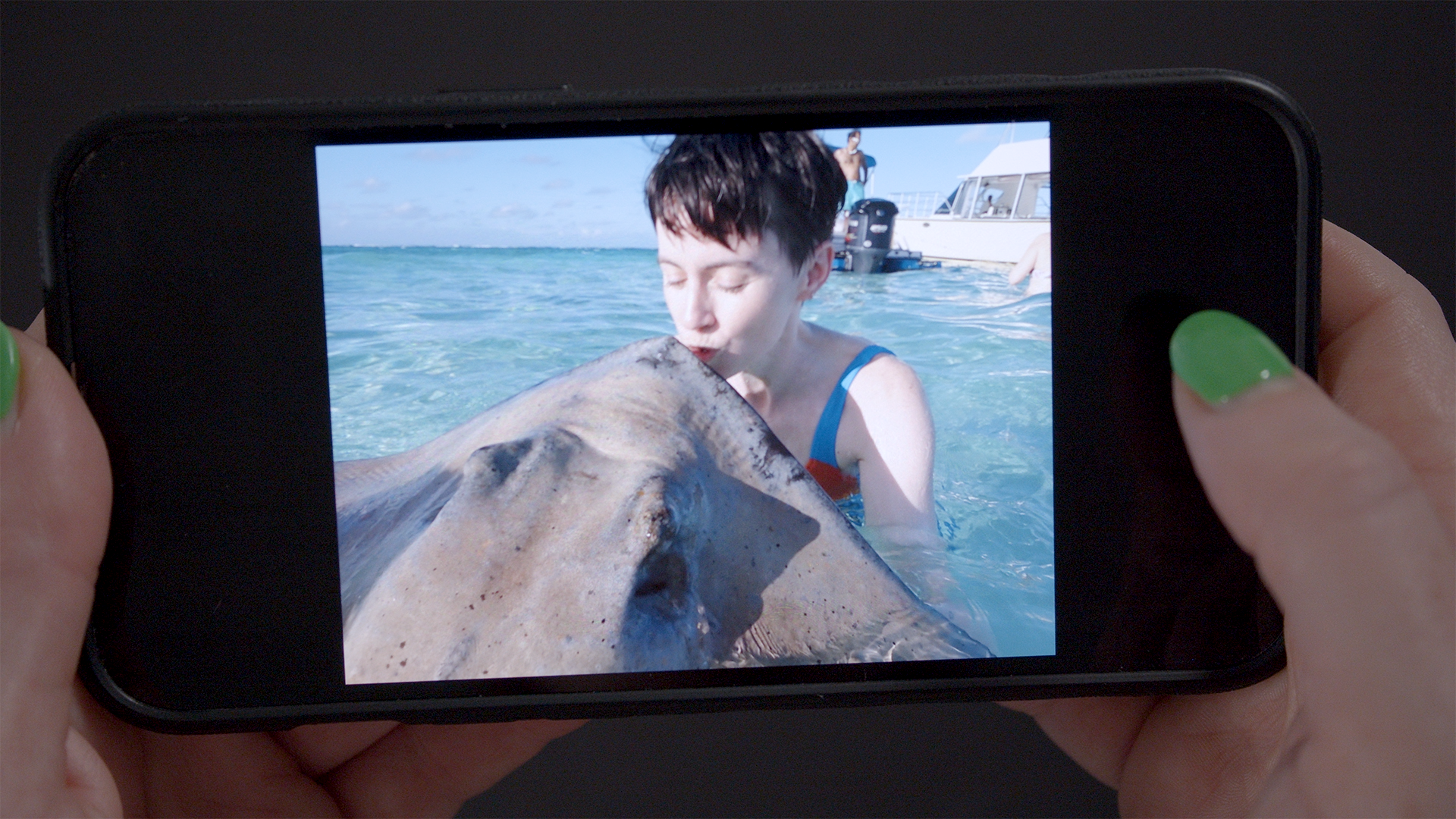Offshore, 2024. Single-channel video, color, sound. 33:11 min.
Offshore is an essay-video that documents my attempts to launder money through art acquisition on an international scale. It’s a “how-to” guide for artists interested in navigating the world of global finance. Offshore records my travels to three of the top countries on the financial secrecy index: The Cayman Islands, Hong Kong and Switzerland. The video follows my movements as I visit locations including Ugland House, a building in the Cayman Islands that is home to 18,857 corporate entities and The Geneva Freeport, which houses billions of dollars in untaxed art. In Offshore, I go snorkeling, eat fondue, research Swiss banking laws and learn how to set up an international corporate architecture to cover my tracks. Travel footage is interwoven with interviews with lawyers, dealers, bankers, journalists, financial executives and artists.
Offshore is a meditation on the well-established link between global art prices and income inequality, as well as the declining numbers of working-class artists. It is a video about art acquisition and money laundering. It’s also a story about tax havens - out of the way places, many with colonial pasts, that have built their economies by providing financial services to the West. Offshore is about money, crime and art, but it’s also about what it means to be a working artist.
Music composition and sound design by Michael Webster, additional camera work by Alexis Disselkoen and Adam Wyatt Tate. Digital effects by Griffith Scott. Interviews subjects include Oliver Bullough, author of Moneyland, and several anonymous sources. Legal services provided by Sarah Odenkirk. Made with support from Creative Capital, the Guggenheim Foundation, the Foundation for Contemporary Art and the Hermitage. Idea of “lottery mindset” attributed to conversations with Morgan Waltz (thank you Morgan). Endless thanks to Kell and Ben at the Canary Test, Pau Pescador and Harold Batista.








